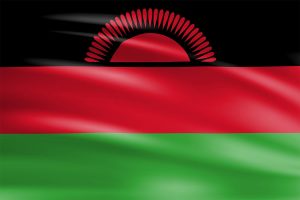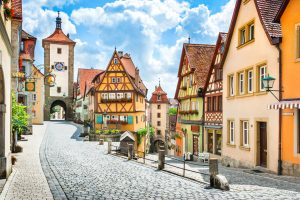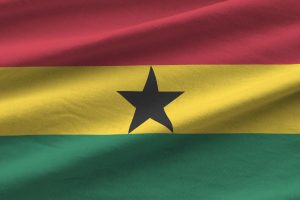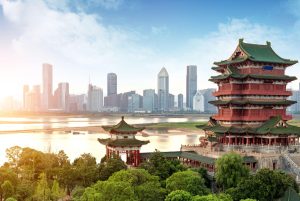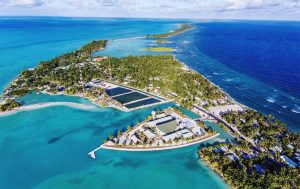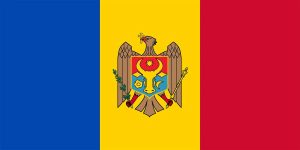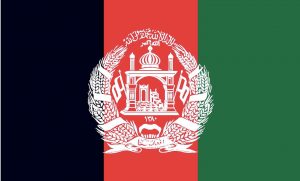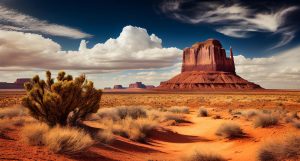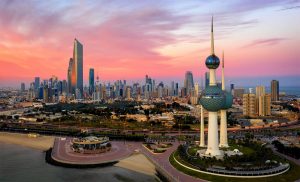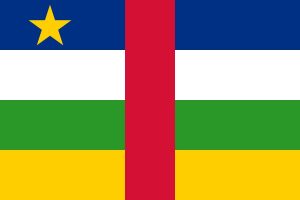
50 interesting facts about Nigeria
- 👁️ 2711
Nigeria, located in West Africa, is a diverse and vibrant country with a rich cultural heritage and a growing economy. As the most populous country on the African continent, Nigeria is home to a wide range of ethnic groups, languages, and traditions. From its natural resources to its cultural landmarks, Nigeria offers a fascinating tapestry of history and modernity. Here are 50 intriguing facts about Nigeria:
- Nigeria is the most populous country in Africa, with an estimated population of over 211 million people.
- It is home to over 250 ethnic groups, with the largest being the Hausa, Yoruba, and Igbo.
- Nigeria gained independence from British colonial rule on October 1, 1960, becoming a sovereign nation.
- The country’s capital city is Abuja, while its largest city is Lagos, a major economic and cultural hub.
- Nigeria is known for its diverse landscapes, including the Niger Delta, Sahel Savannah, and the Jos Plateau.
- The Nollywood film industry, based in Nigeria, is the second-largest film industry in the world, producing thousands of films annually.
- Nigeria is a major producer of oil and is one of the largest oil-exporting countries in the world.
- The Niger River, after which the country is named, is the third-longest river in Africa and flows through Nigeria.
- Nigeria is home to Aso Rock, a prominent geological formation that serves as the seat of the Nigerian government.
- The country has a vibrant music scene, with genres such as Afrobeat, Highlife, and Juju gaining international recognition.
- Nigeria has produced several internationally acclaimed musicians, including Fela Kuti, Burna Boy, and Davido.
- Lagos, the largest city in Nigeria, is one of the fastest-growing cities in the world, known for its bustling markets and vibrant nightlife.
- Nigeria has a rich cultural heritage, with traditional festivals such as the Durbar, Eyo, and Osun-Osogbo celebrated across the country.
- The Nigerian cuisine is diverse and flavorful, with popular dishes including jollof rice, suya, and egusi soup.
- Nigeria has a strong football (soccer) culture and has produced world-renowned footballers, such as Jay-Jay Okocha and Nwankwo Kanu.
- The country has several national parks and wildlife reserves, including Yankari National Park, home to elephants, lions, and baboons.
- Nigeria is a member of the Economic Community of West African States (ECOWAS) and the African Union (AU).
- The Nigerian Naira is the official currency of Nigeria, and English is the official language.
- Nigeria is known for its vibrant traditional textiles, such as adire, aso oke, and ankara, which showcase intricate patterns and designs.
- The Oba of Benin, based in the city of Benin, holds a prominent traditional and cultural position in Nigeria.
- The Nigerian film “Lionheart” became the country’s first-ever submission for the Best International Feature Film category at the Oscars.
- Nigeria has a rich literary tradition, with renowned authors such as Chinua Achebe, Wole Soyinka, and Chimamanda Ngozi Adichie.
- The Zuma Rock, located in Niger State, is a famous landmark that is often referred to as the “Gateway to Abuja.”
- Nigeria is home to several UNESCO World Heritage Sites, including the Sukur Cultural Landscape and the Osun-Osogbo Sacred Grove.
- The country has a tropical climate, with distinct wet and dry seasons and an average temperature ranging from 25 to 35 degrees Celsius (77 to 95 degrees Fahrenheit).
- Nigeria has a diverse range of natural resources, including petroleum, natural gas, coal, tin, and limestone.
- The Nok Terracottas, dating back to around 500 BCE, are ancient sculptures found in Nigeria and considered some of the earliest known examples of figurative art in sub-Saharan Africa.
- The National Mosque in Abuja and the National Christian Centre in Lagos are prominent religious landmarks in Nigeria.
- The Nigerian Civil War, also known as the Biafran War, took place from 1967 to 1970, resulting in significant political and social changes in the country.
- Nigeria has made significant strides in space exploration, launching its first satellite, NigeriaSat-1, in 2003.
- The country is known for its vibrant traditional dances, such as the Bata dance, Ekombi, and the Swange.
- Nigeria is home to several architectural gems, including the Great Mosque of Kano, the Olumo Rock, and the National Theatre in Lagos.
- The country has a vibrant fashion industry, with Nigerian designers gaining international recognition for their creativity and style.
- Nigeria is a multicultural society with a wide range of religions practiced, including Christianity, Islam, traditional African religions, and others.
- The Lekki Conservation Centre in Lagos is a nature reserve that offers visitors the opportunity to see a variety of wildlife and enjoy canopy walkways.
- Nigeria is a member of the Organization of Petroleum Exporting Countries (OPEC), contributing to global oil production and distribution.
- The Nigerian Women’s Bobsled Team made history by becoming the first-ever African team to qualify for the Winter Olympics in 2018.
- The country has a diverse and vibrant traditional music scene, with genres such as juju, highlife, fuji, and afrobeat reflecting Nigeria’s cultural diversity.
- Nigeria’s film industry, Nollywood, produces films in various languages, including English, Yoruba, Igbo, and Hausa, catering to different regional audiences.
- The National Museum in Lagos showcases Nigeria’s cultural heritage and houses a significant collection of Nigerian art and artifacts.
- The country has a deep love for football (soccer) and is known for its passionate football fans, with local and international matches drawing large crowds.
- Nigeria has a growing technology sector, with Lagos, known as “Africa’s Silicon Valley,” becoming a hub for tech startups and innovation.
- The Nigerian coastline stretches for approximately 853 kilometers (530 miles) along the Gulf of Guinea, offering beautiful beaches and marine biodiversity.
- Nigeria has a diverse array of wildlife, including elephants, lions, giraffes, and chimpanzees, found in its national parks and reserves.
- The annual Calabar Carnival in Cross River State is one of Nigeria’s most famous cultural festivals, attracting visitors from around the world.
- Nigeria has produced globally recognized artists, such as Fela Kuti, who pioneered the Afrobeat genre and used music as a platform for social and political activism.
- The country has a rich oral tradition, with storytelling and proverbs playing an essential role in preserving cultural heritage and passing down knowledge.
- Nigeria’s film industry, Nollywood, is a significant employer, contributing to the country’s economy and providing opportunities for actors, directors, and filmmakers.
- The National Theatre in Lagos, an iconic architectural landmark, hosts theatrical performances, concerts, and cultural events.
- Nigeria has a diverse culinary heritage, with popular dishes including jollof rice, egusi soup, suya (grilled meat), and pounded yam with various soups.
Nigeria’s cultural diversity, natural beauty, and dynamic economy make it a fascinating country with much to offer. From its thriving film industry and vibrant music scene to its rich history and captivating landscapes, Nigeria captivates with its cultural richness and warm hospitality. As a hub of creativity, innovation, and cultural expression, Nigeria continues to inspire and influence the world. With its diverse population, natural resources, and resilience, Nigeria plays a vital role in the African continent and on the global stage.
